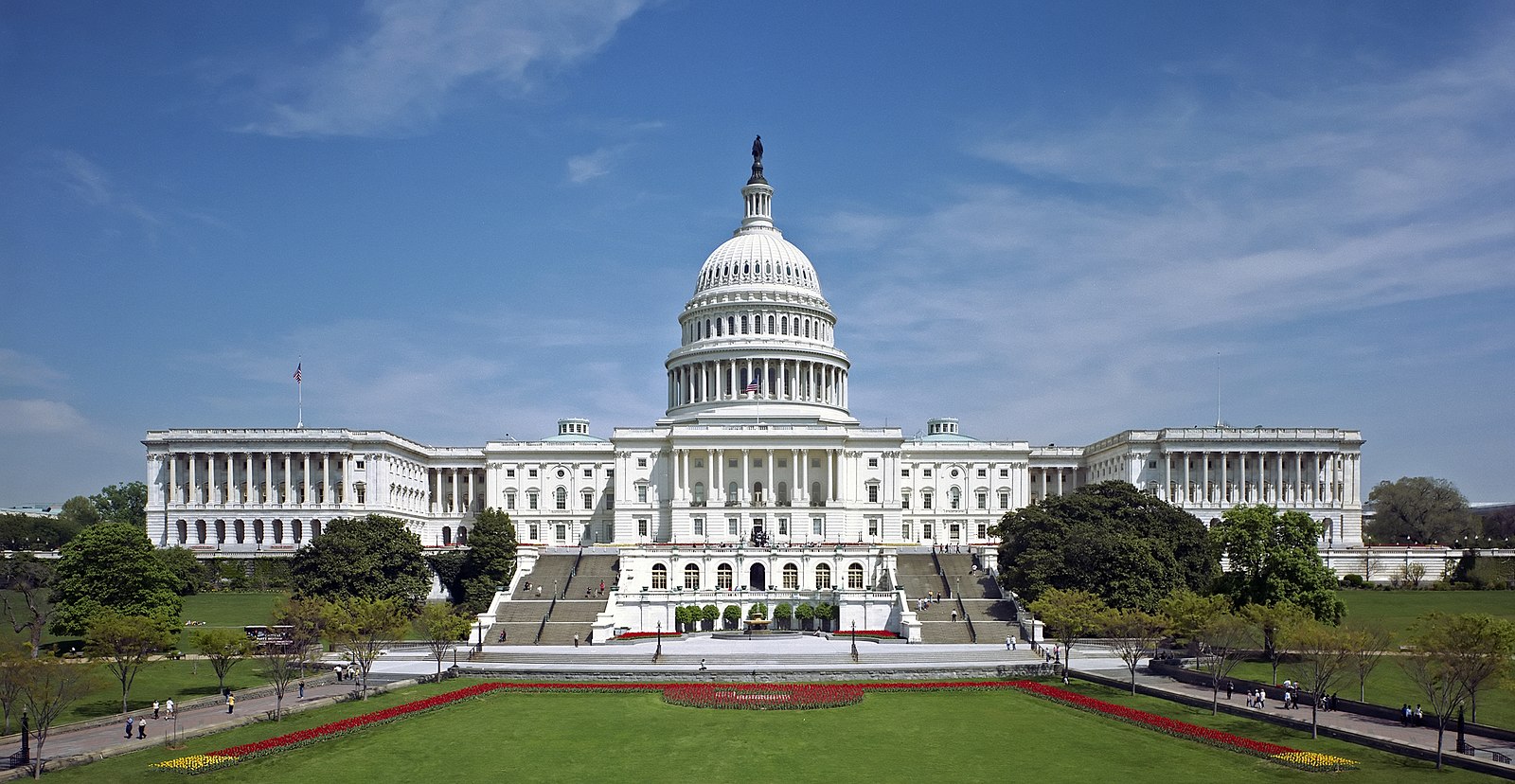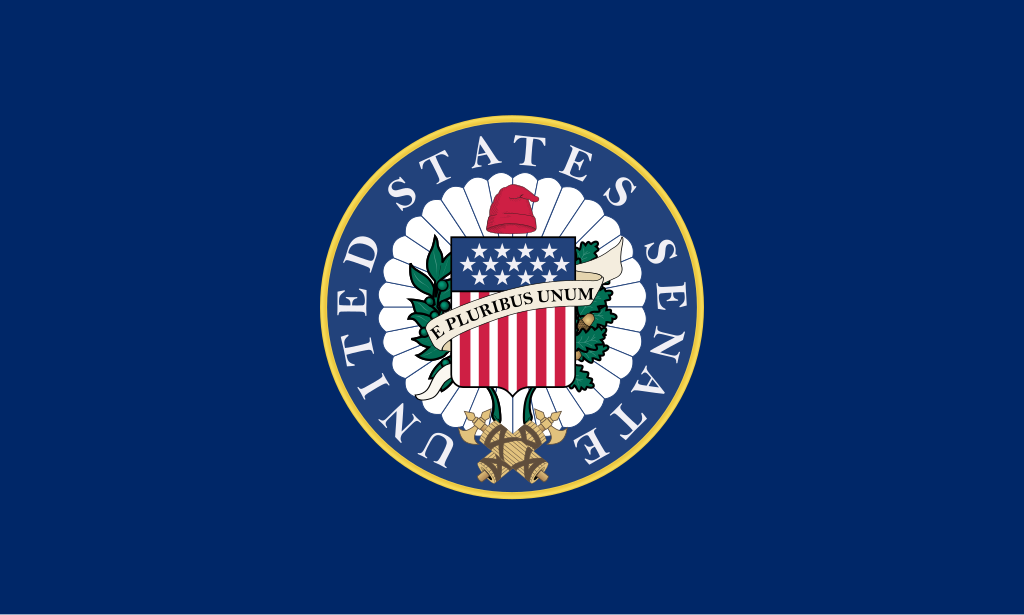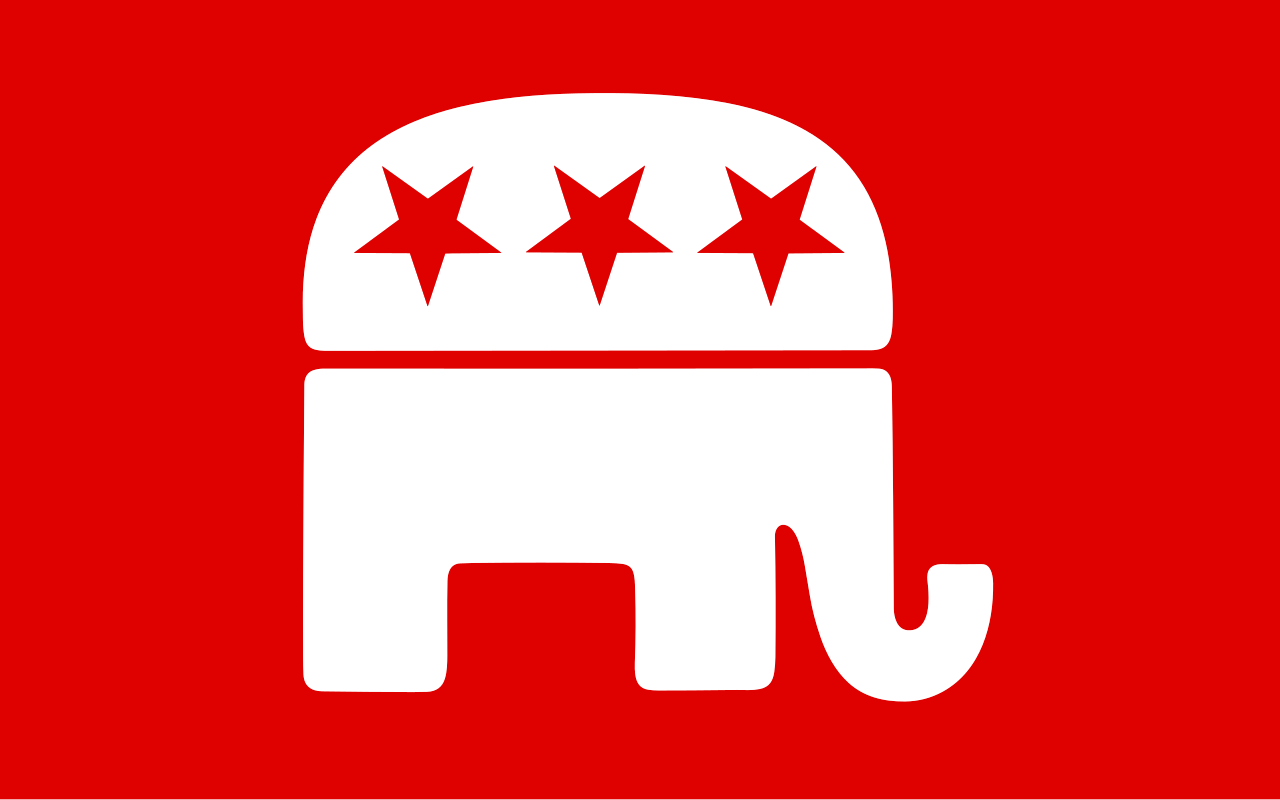Politics
Republicans Push for Historic $3 Trillion Spending Cuts to Fund Tax Package
By Jake Beardslee · January 26, 2025

House Republicans Propose Trillions in Spending Cuts for Tax Cut Package
House Republicans have proposed federal spending cuts of between $2.5 trillion and $3 trillion as part of a larger effort to fund an expansive tax cut package. According to a report by Punchbowl News, the proposals were outlined during a private meeting of Republican committee chairs and include significant reforms to federal programs that could have wide-reaching consequences for millions of Americans. John Guccione www.advergroup.com / Pexels
Energy and Commerce Committee Leads with $2 Trillion in Cuts
The Energy and Commerce Committee is leading the charge with proposed reductions of up to $2 trillion. These cuts focus on programs like Medicaid, environmental regulations, and energy policies. Suggested Medicaid reforms include implementing per capita spending caps, introducing work requirements for recipients, and rolling back environmental protections instituted during the Biden administration. These changes alone could save an estimated $100 billion over the next decade, according to projections cited by The New York Times. Architect of the Capitol / Wikimedia
Streamlining Government: GOP’s Call to Eliminate ‘Waste’
"The federal government is bloated and inefficient," said Rep. Eric Burlison (R-MO), a member of the House Oversight and Accountability Committee, in a post on X. "Agencies overlap, duplicate efforts, and waste your tax dollars. I’m calling for major cuts to eliminate this waste. It’s time to streamline and put America first." Nathan Papes/Springfield News-Leader / USA TODAY NETWORK
Targeting Education, Food Assistance, and Federal Employee Benefits
Other key areas targeted for reductions include federal student loan programs, food assistance programs like the Supplemental Nutrition Assistance Program (SNAP), and federal employee benefits. For student loans, the House Education and Workforce Committee has proposed up to $500 billion in cuts, potentially reducing borrowing limits, restricting eligibility for non-citizens, and capping forgiveness for public service. Meanwhile, SNAP could see reductions of up to $250 billion, impacting low-income families that rely on food assistance for security. Cuts to federal employee benefits, including retirement and healthcare, could save $66 billion, with widespread implications for the federal workforce. olia danilevich / Pexels
Revenue-Generating Proposals to Offset Tax Cuts
Revenue-generating proposals have also been floated, such as imposing fees for immigration-related processes, including asylum applications and annual renewals. The Transportation and Infrastructure Committee has suggested increased fees on the shipping industry and new fees for electric vehicles, with estimated revenue of up to $26 billion. These measures aim to offset the proposed tax cuts, enabling Republicans to pursue fiscal responsibility while addressing their priorities. Jonathan Borba / Pexels
Reconciliation Process Faces Political Hurdles
The sweeping reforms are being prepared for inclusion in a budget reconciliation package, a process that allows spending and tax legislation to pass with a simple majority in the Senate. However, with a narrow 217-215 majority in the House, advancing these proposals presents significant political challenges. Fry1989 / Wikimedia
Democrats Warn of Harm to Vulnerable Populations
Democrats and advocacy groups have voiced strong opposition, arguing that the proposed cuts would disproportionately harm vulnerable populations and middle-class families. House Budget Chair Jodey Arrington (R-TX) emphasized the need for “fiscal responsibility and economic growth,” but the debate over balancing fiscal priorities with social protections is expected to become increasingly contentious as details of the proposals emerge. Alex Driggars/Avalanche-Journal / USA TODAY NETWORK